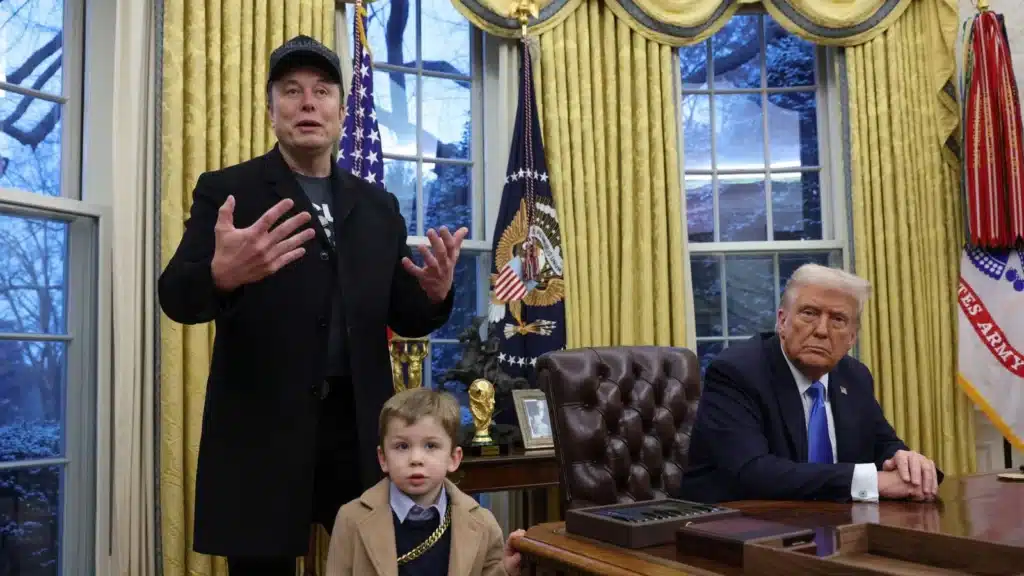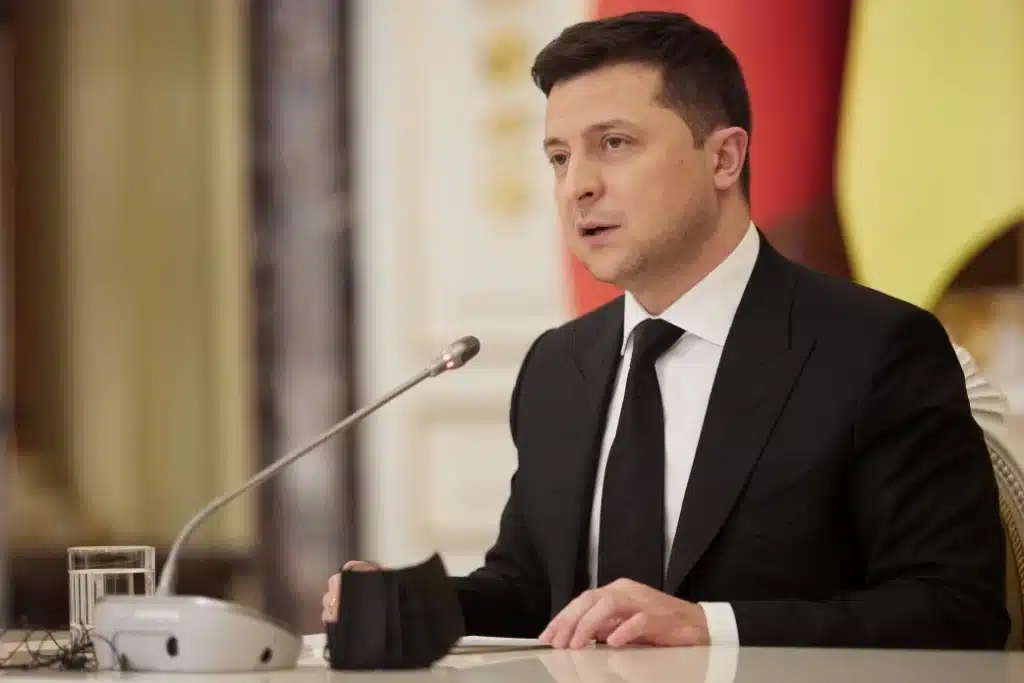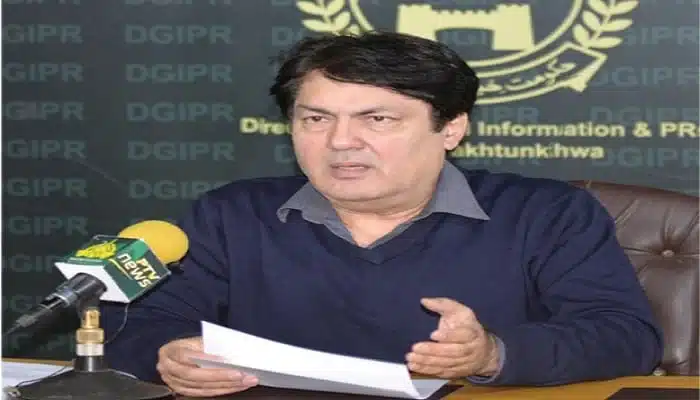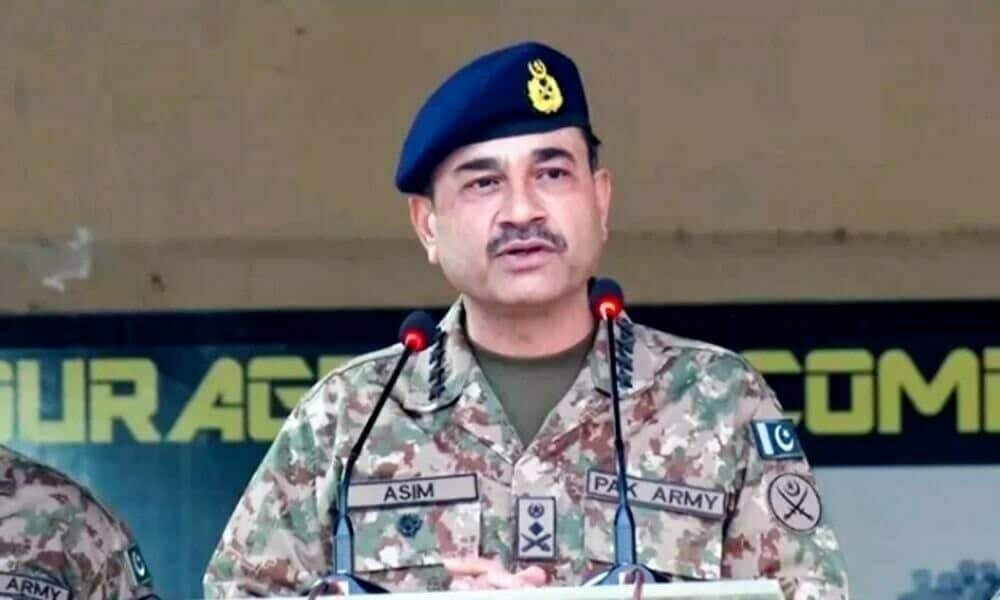International media have slammed Indian Prime Minister Modi’s diplomacy as a ‘Burst Balloon’ after a false flag operation in Pahalgam conducted by India, killed innocent tourists, an attempt to distract from his failed diplomacy and pressure Kashmiri Muslims.
In the aftermath of a deadly terrorist attack in the scenic town of Pahalgam in Indian-administered Kashmir, Indian analysts speaking to Al Jazeera’s reporter Yashraj Sharma argued that the incident has exposed significant flaws in Prime Minister Narendra Modi’s Kashmir policy.
In a recent report, Al Jazeera recalled Modi’s speech from September 2024, where he assured supporters that his Hindu nationalist Bharatiya Janata Party (BJP) would build a “new Jammu and Kashmir” one that would be “not only terror-free but a heaven for tourists.”
Seven months later, that promise appears to be unravelling. On April 22, an armed group killed 25 tourists and a local pony rider in Pahalgam, sparking a dangerous escalation in tensions between India and Pakistan. While New Delhi has blamed Pakistan for having links to the attackers, Islamabad has firmly rejected the accusations.
Since the attack, hostilities have intensified. For three consecutive days, Indian and Pakistani forces have exchanged fire along the disputed border. India has also suspended its participation in the Indus Waters Treaty (IWT), a key agreement that supports Pakistan’s water security. In retaliation, Islamabad has threatened to exit past peace accords. Additionally, both countries have expelled each other’s diplomats, military attachés, and hundreds of civilians.
As Indian forces search through forests and mountainous terrain for the attackers, who remain at large, international relations experts and Kashmir observers say the crisis has laid bare the limitations of Modi’s strategy in the region, one that now appears to be at an impasse.
“The Pahalgam attack punctured the balloon of the ‘New Kashmir’ narrative,” said Sumantra Bose, a political scientist specialising in nationalism and conflict in South Asia.





